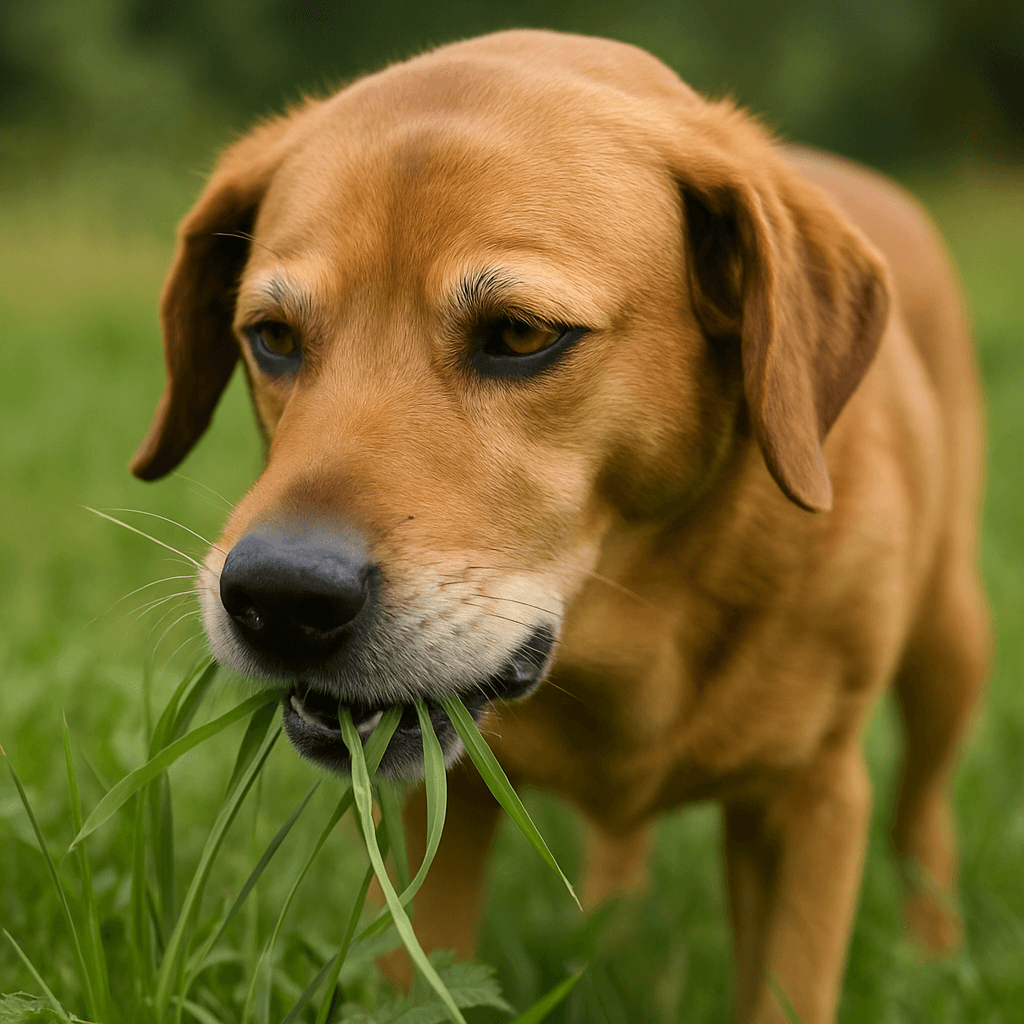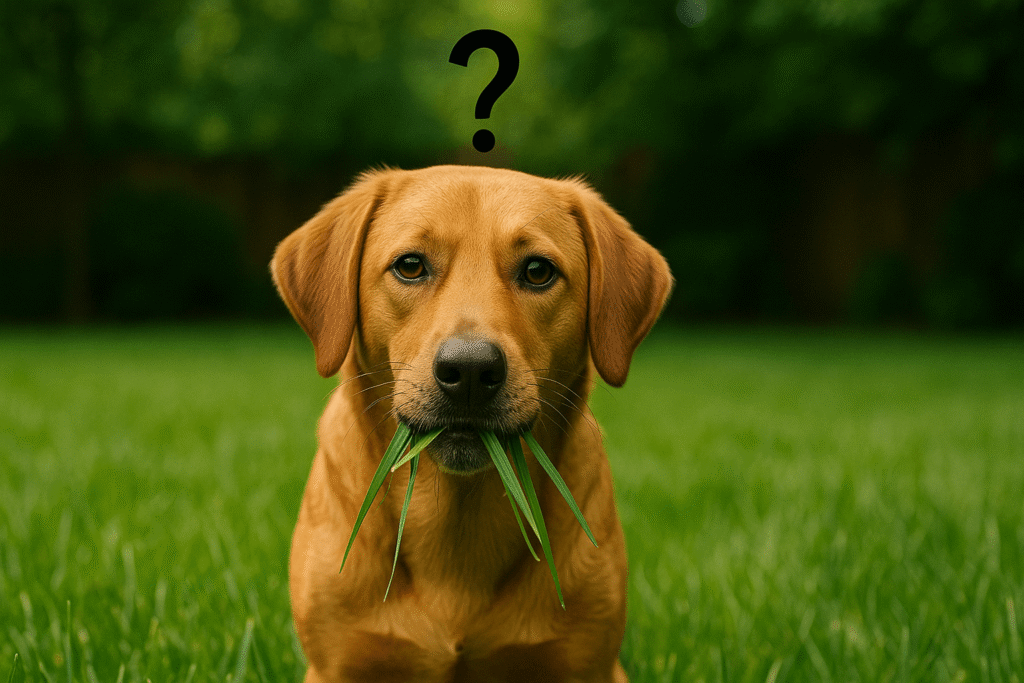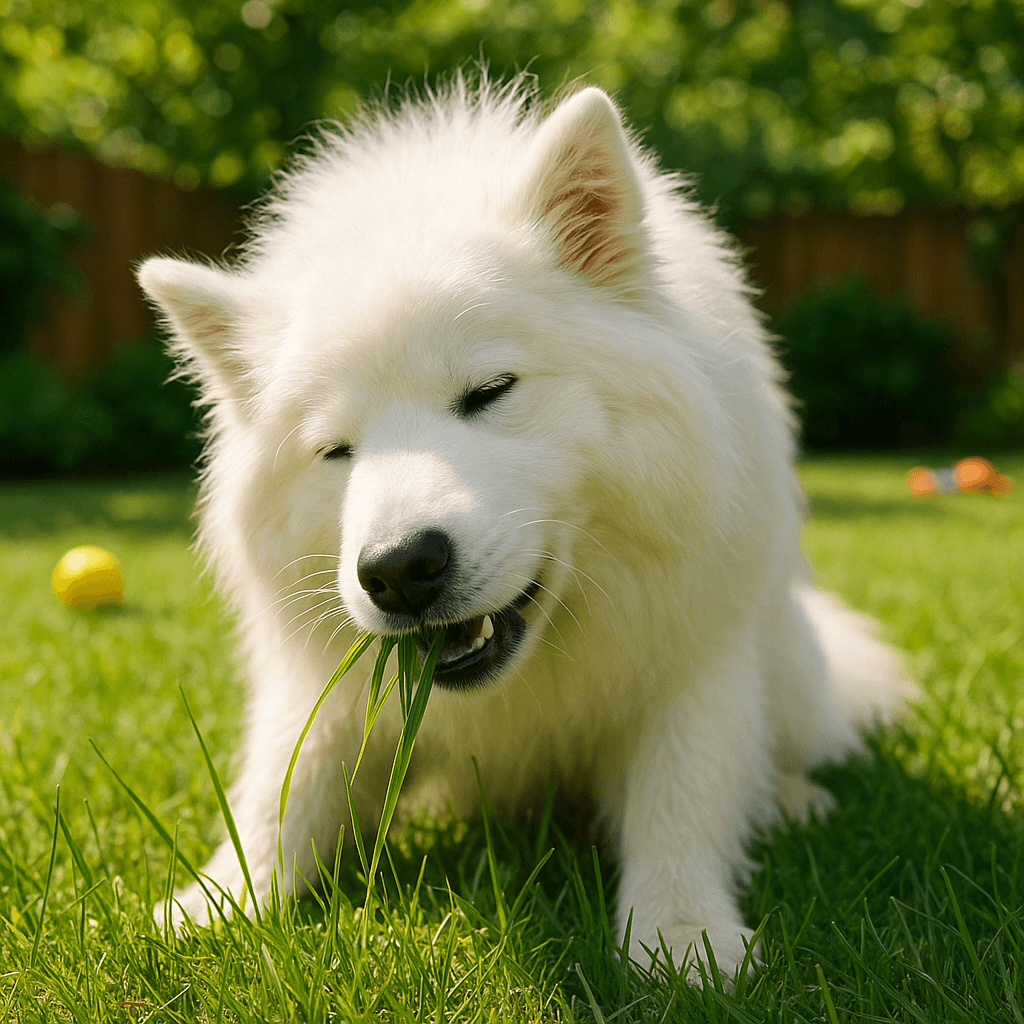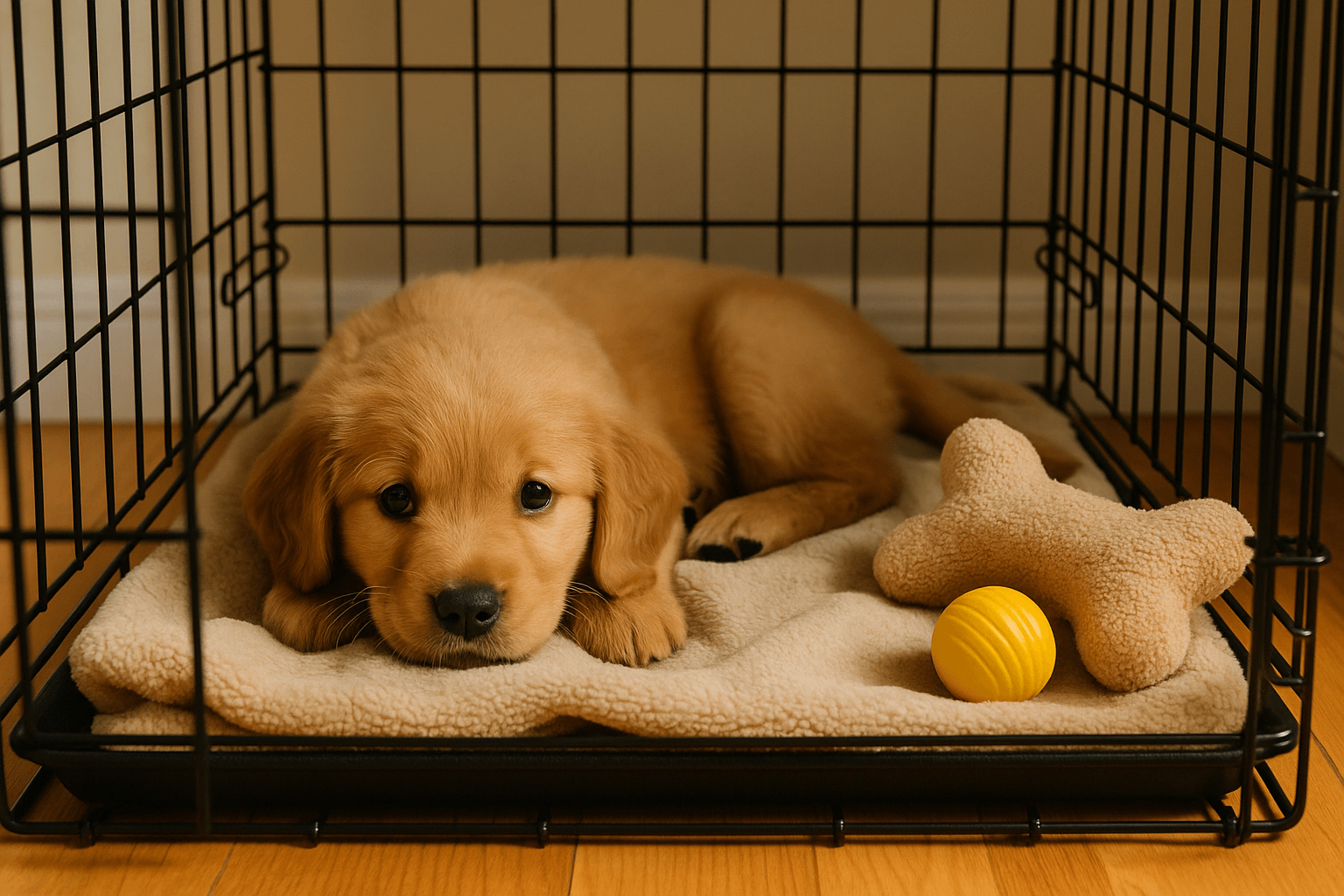Why Do Dogs Eat Grass?
Dogs eating grass is a behavior that often confuses pet owners. One moment your pup is sniffing around the yard, the next they’re chomping down on the lawn like it’s a salad bar. While it may seem odd, this behavior is actually quite common—and in many cases, completely normal. But when does it signal something more serious?
Let’s explore the most likely reasons dogs eat grass, what experts believe it means, and when you should be concerned.

Is It Normal for Dogs to Eat Grass?
Yes, in many cases, it’s completely normal. Grass-eating is considered a common behavior in domestic dogs, and studies show that most dogs do it occasionally. It’s not always a sign of illness or a dietary deficiency—sometimes, it’s just something dogs like to do.
Common Reasons Dogs Eat Grass
1. Natural Instinct or Ancestral Behavior
Wild canines, including wolves, have been observed eating grass and plant material. It’s believed this behavior may help clean out the digestive tract or mimic the eating habits of prey animals, which often have plant matter in their stomachs.
2. Upset Stomach Relief
Some dogs eat grass when they feel nauseous or have digestive discomfort. While not all dogs vomit afterward, some do, suggesting that they may instinctively eat grass to induce vomiting and feel better.
3. Boredom or Anxiety
Dogs left alone or lacking mental stimulation might resort to eating grass out of boredom or stress. It’s a form of self-soothing or a way to pass the time.
4. Attention-Seeking Behavior
If your dog notices that grass-eating grabs your attention (especially if you yell or try to stop them), they may repeat the behavior to get a reaction from you.
5. Nutritional Deficiency (Rare)
Though not common, some experts suggest that dogs may eat grass due to a lack of fiber or other nutrients in their diet. Ensuring a balanced diet with adequate fiber can help rule out this cause.

When Should You Worry?
Grass eating isn’t usually dangerous, but it can become a concern if:
- Your dog eats grass compulsively or frequently
- They vomit every time afterward
- You notice signs of gastrointestinal distress like diarrhea or lethargy
- The grass may be treated with pesticides or chemicals
In these cases, it’s best to consult your veterinarian. Persistent grass-eating combined with other symptoms could indicate an underlying issue such as gastrointestinal disease, parasites, or dietary imbalances.
How to Prevent or Manage Grass Eating

- Provide a high-fiber, well-balanced diet
- Offer safe chew toys and puzzles for mental stimulation
- Avoid chemically treated grass or plants
- Redirect the behavior with positive reinforcement
💡Tip:
If your dog enjoys nibbling on greenery, consider growing dog-safe grasses like wheatgrass indoors. It’s safe, non-toxic, and can satisfy their craving in a controlled environment.
Final Thoughts
In most cases, grass-eating is a harmless and natural dog behavior. However, if it becomes excessive or is accompanied by troubling symptoms, it’s worth investigating further. As with any odd behavior in pets, your vet is your best resource for peace of mind.
